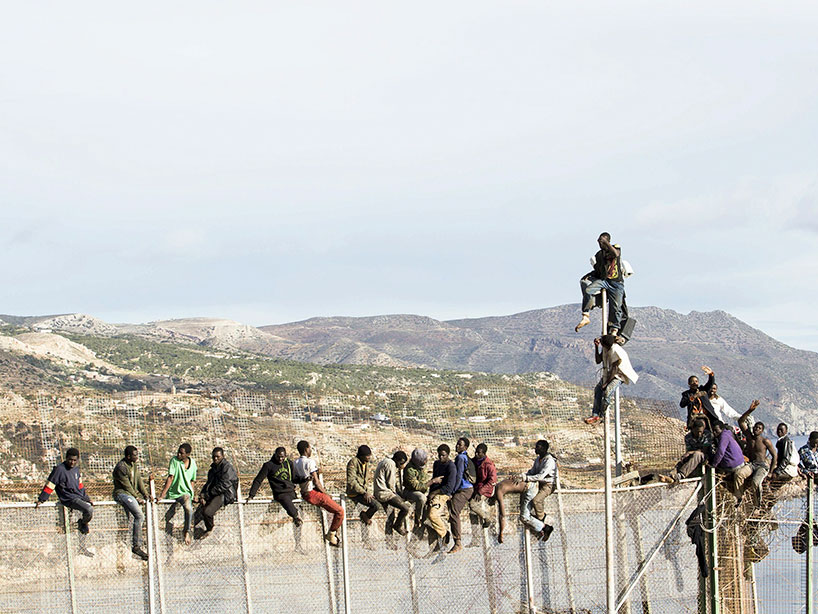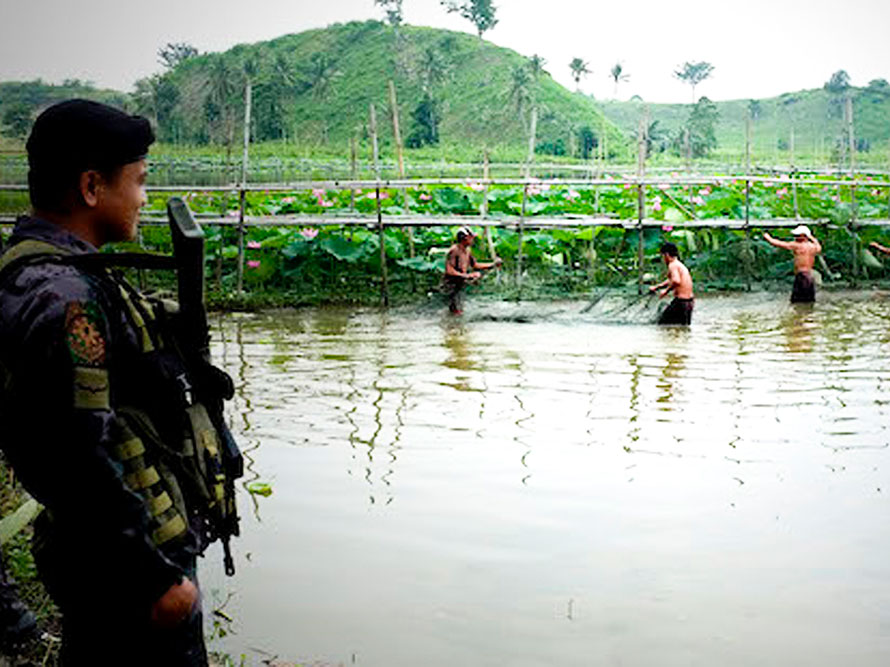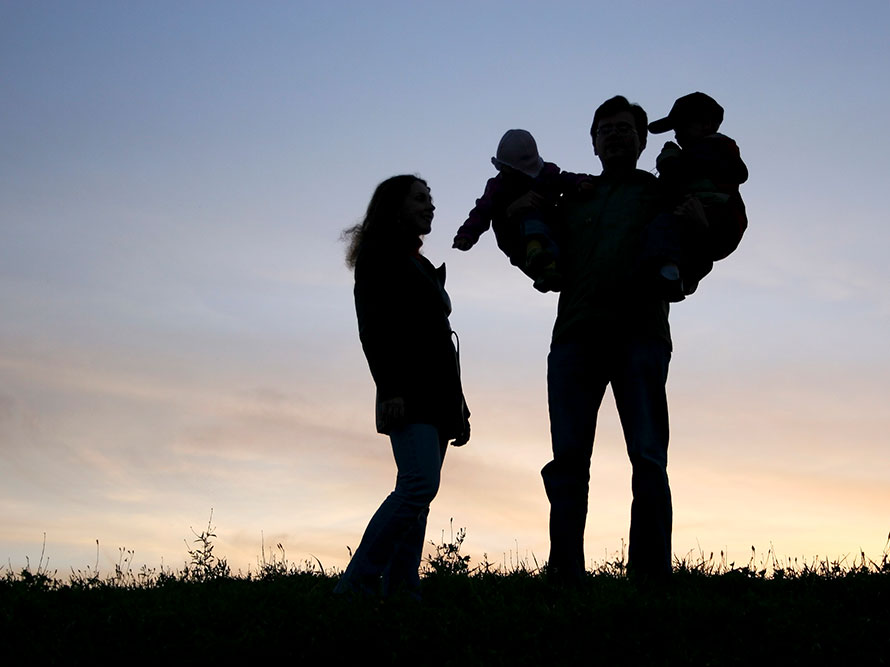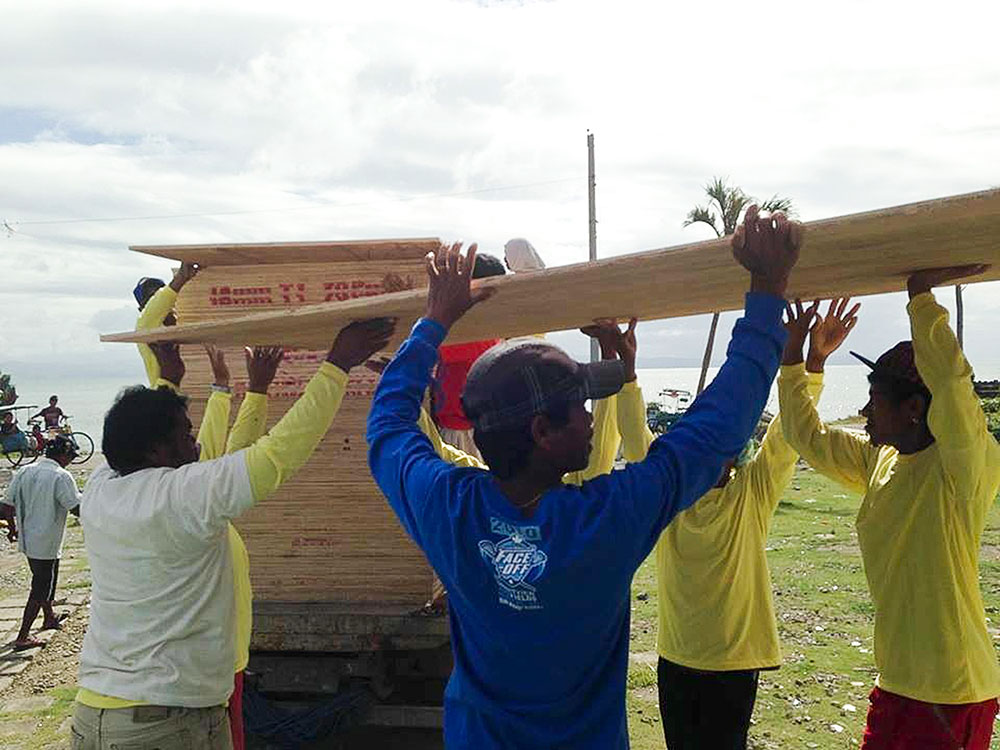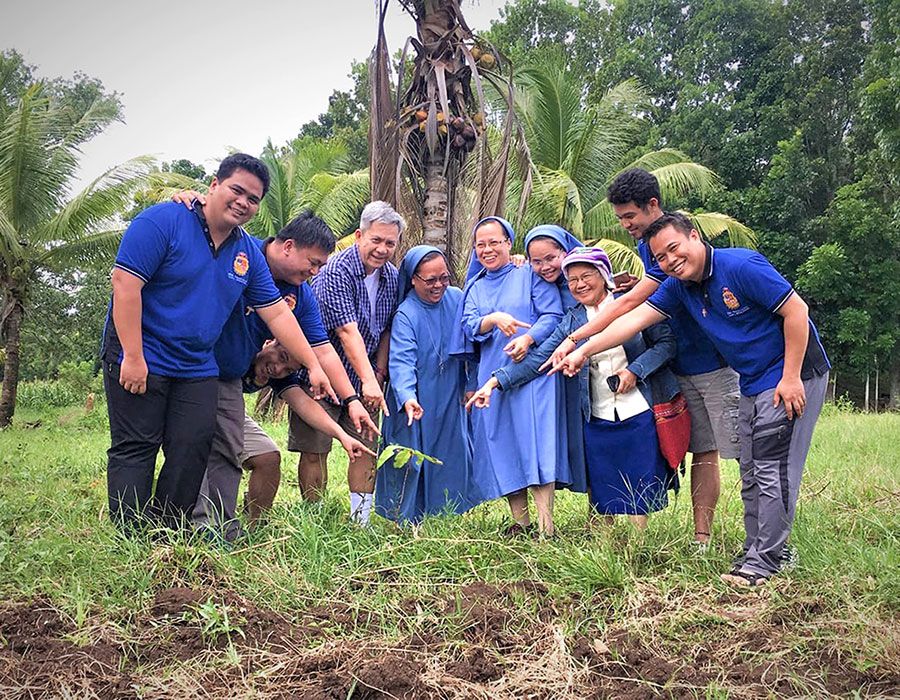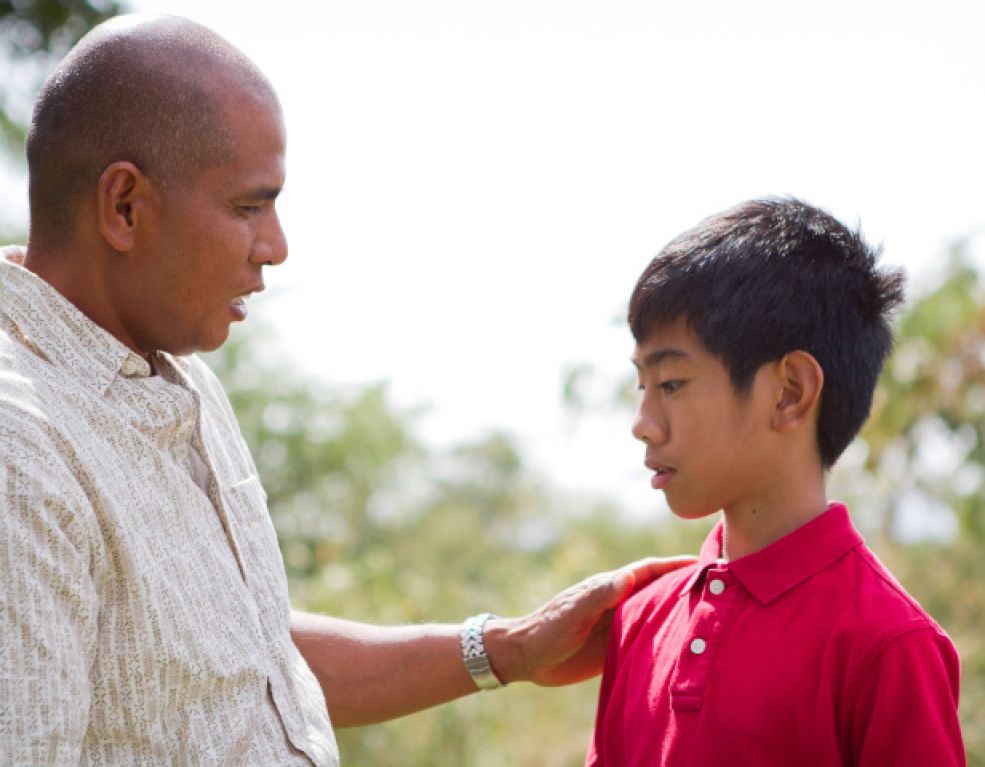When I present workshops on music within the liturgy across the country, I get asked frequently about the use of Christian contemporary music in the liturgy. Needless to say, as I travel and attend Mass at different parishes, I hear the ensembles and choirs use any number of songs that are probably best used in prayer groups and assemblies, retreats, youth and young adult gatherings, and rallies. There has been a growing trend of using “praise and worship” music to accompany ritual moments within the liturgy and I see this across cultural and language groupings, with folks creating or finding translations on YouTube and other avenues via the internet. With the advent of the internet, and in these days when social media is the surest way to engage people – even Pope Francis has embraced the internet and social media and has said that it “offers immense possibilities for encounter and solidarity” and is a “gift from God” – music in various genres is much more accessible than even a mere ten years ago.
CHALLENGES TO CREATING MUSIC
We think of these genres of music more as inspirational themes or, certainly, for use in evangelization efforts to attract folks to the Gospel message by using catchy rhythms and production values that mirror what might be heard on the radio and on the internet. Popular music is used to attract people in commercials for a specific product. We can see this at work in our everyday lives, and whether it is effective or not is hard to say, but in some way or another, the message gets across. During the Year of Faith, Pope Benedict XVI spoke of the relevance of sacred music’s role in the New Evangelization efforts: that it was elemental in “fostering the rediscovery of God.” Of course, I believe he was referring to music that should be used in worship – the sacred liturgy and the tradition of melody united to sacred texts that is chant and polyphony.
From the “Constitution on the Sacred Liturgy,” we read that “sacred music is to be considered the more holy in proportion as it is more closely connected with the liturgical action, whether it adds delight to prayer, fosters unity of minds, or confers greater solemnity upon the sacred rites. But the Church approves of all forms of true art having the needed qualities, and admits them into divine worship.” (Sacrosanctum Concilium, 112) We know that art has the power to attract and to effect change. We have heard stories of people who tell us that a particular work of art, an image, or even a song, brought out emotions that were powerful and transformational.
St. Augustine wrote in his Confessions: “How I wept, deeply moved by your hymns, songs, and the voices that echoed through your Church! What emotion I experienced in them! Those sounds flowed into my ears distilling the truth in my heart. A feeling of devotion surged within me, and tears streamed down my face – tears that did me good.” Perhaps it is the case that some of us, who are pastoral musicians, have had the occasion of having parishioners come up to us after Mass and with similar words of gratitude describe how a song has touched them.
Another challenge lies in our understanding of what the role of music and musicians in the liturgy is. Many parish musicians lack liturgical or theological formation and because of their love of music and deep faith, they sometimes end up directing ensembles and choirs to the best of their abilities. How is it that they are able to grasp the essence and role of music in the liturgy? How are they to understand that our role as pastoral musicians is to assist the assembled faithful to express the faith deep within and to enter into communion with Christ and each other? “Song and music fulfill their function as signs…according to three principal criteria: 1) beauty expressed in prayer, 2) the unanimous participation of the assembly at the designated moments, 3) and the solemn character of the celebration. In this way, they participate in the purpose of liturgical words and actions: the glory of God and the sanctification of the faithful” (Catechism of the Catholic Church, 1157).
FORMATION THROUGH MUSIC
I believe that we are at different levels, not only of formation but of generational experience and interpretation. Given the younger generations that have begun to experience liturgy and music in a cultural context within the digital age, it stands to reason that, much like the experimentation that happened musically shortly after the Second Vatican Council, we are inevitably experimenting and re-evaluating our roles and the music that we use. I frequently ask folks (mostly young people) where and how they learn songs, if they aren’t learning them from hymnals or published resources. Their response is often social media-related sources, such as the YouTube. And the music that more readily appeals to them is in the styles and genres that are used by pentecostal and evangelical churches, and those that have the resources to produce appealing music, such as some of the mega-churches from throughout the world. The internet has become an important formational tool for good or for bad that greatly influences the repertoires in our parishes.
Opportunities present themselves on several levels, as well. Pastoral leadership and musical mentors should take it upon themselves to enter into conversations with younger musicians, find out what they are using as their repertoire and take the time to understand the “whys” and “hows” of their choices. Obviously, presenting in time an understanding of the role of music within the liturgy will be very helpful. But, perhaps this is a case where we need to allow the process of maturation to achieve the ideal. The music being used won’t soon go away, and it serves an important role. In the meantime, let us create opportunities for the use of these songs. Do we have occasions outside the liturgy where we purposely gather folks to pray in song, or even just to listen, that the music will serve as a tool for evangelization? Conversely, are we providing accessible means for folks to learn great liturgical songs and are these, in turn, also serving to attract and evangelize? “No matter what the genre of music, liturgical beauty emanates directly from a mystery that is passed through the talents of composers to emerge in music of the assembled People of God” (Sing to the Lord, 83, United States Catholic Conference of Bishops).
DEVELOPING MUSICAL LITERACY
As we have previously alluded to, music, in a unique way above the other arts, has a special way of being able to express emotion and the faith that we have within. It will continue to allow us an avenue with which to develop and nurture our faith as it matures and deepens. Unfortunately, as is the case in our educational systems, funds for the arts are scarce and seen as a luxury. We have to change that outlook if we are to develop a sacred musical literacy. And this literacy should include, in my opinion, songs that serve many purposes for a faith-filled people: some, which will naturally be used for our highest form of worship – the Eucharistic liturgy – and some that may cross over into serving as a religious expression of faith and inspiration, and yet others that will serve to attract and evangelize. A challenge will be for us to support and find the resources so that when folks are looking for songs on YouTube and other social media, they will come to the richness that is our Catholic tradition and doctrine, whose source is mainly Holy Scripture and our liturgical and theological texts.
Our goal should be to raise a new generation of “composers, filled with the Christian spirit, who feel that their vocation is to cultivate sacred music and increase its store of treasures” (Sacrosanctum Concilium,121). These will “produce compositions which have the qualities proper to genuine sacred music, not confining themselves to works which can be sung only by large choirs, but providing also for the needs of small choirs and for the active participation of the entire assembly of the faithful,” so that we may express our faith and, in so doing, embrace the mission of evangelizing today.
* Pedro Rubalcava is a composer, author, workshop presenter and recording artist who serves as Director of Hispanic Ministries at Oregon Catholic Press.







